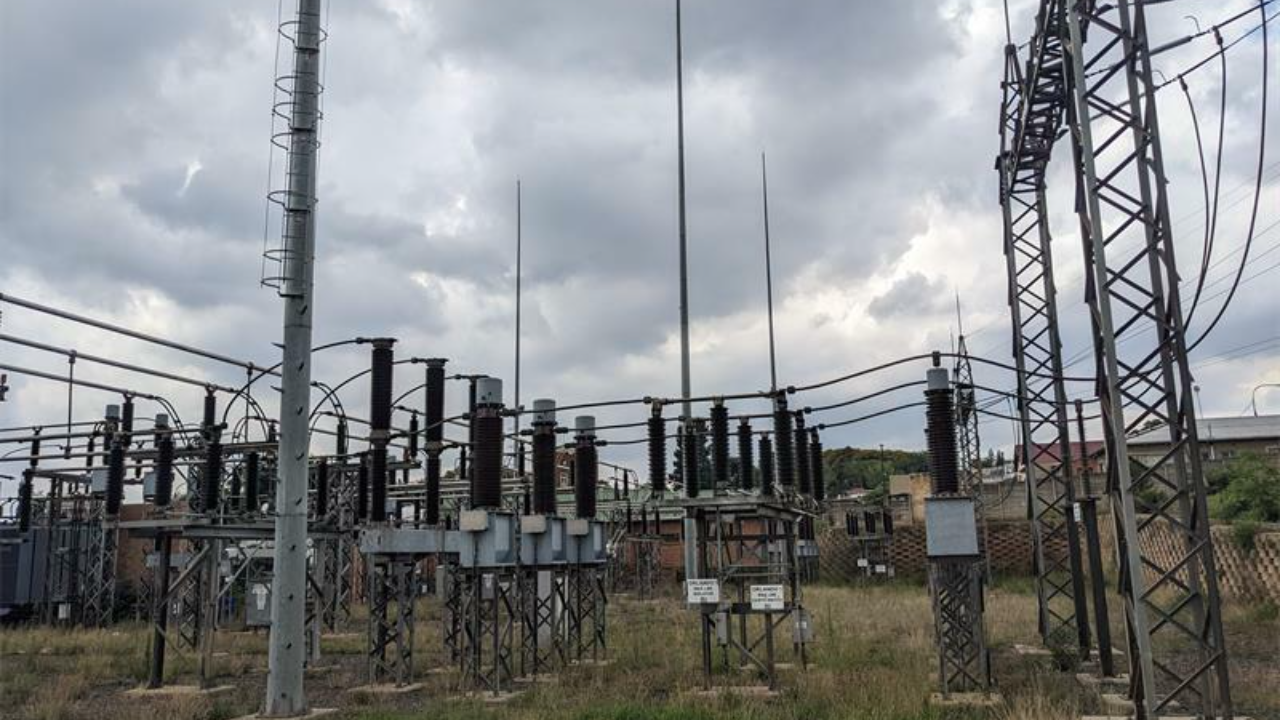News
Councillors Frustrated as City Issues Demand Call Center Role

Amidst service delivery challenges faced by municipal entities like City Power, Johannesburg Water, and the resurgence of load-shedding from Eskom, questions arise about the efficacy of ward councillors.
In response to the growing need for communication, community WhatsApp groups have become a vital platform for residents and businesses to report faults or inquire about power outages. Ward councillors also rely on these groups to be alerted to issues that require escalation to the relevant entities for resolution.
Also Read: Ensuring Your Alternative Power Solutions Are Fire-Safe
For instance, when the Roosevelt Park City Power substation experiences problems after load-shedding, Ward 99 councillor Nicole van Dyk promptly receives alerts and is tasked with informing City Power and managing numerous messages from frustrated residents.
The paper interviewed VanDyk and Ward 98 councillor Beverly Jacobs to explore how this new communication channel affects their daily responsibilities. Evidently, this role significantly impacts councillors’ ability to carry out their duties effectively.
According to Van Dyk, ward councillors lack the authority to instruct officials and do not work for the entities. This rule is in place to prevent abuse of power and corruption.
Jacobs points out that councillors are meant to communicate community needs at the council level and monitor entity performance. However, due to the escalating challenges faced by entities, councillors have become akin to call centres for various issues, a role that is neither sustainable nor intended.
She emphasises the importance of preserving the political role of councillors, as they play a vital part in providing the community with political choices, education, and party offerings for informed decisions.
Van Dyk laments that the constant failures of entities have transformed councillors’ responsibilities into that of ambulance chasers, requiring their availability 24/7. The main focus is on escalating issues even before the service level agreement is reached, as chances of resolution by entities like Joburg Water and City Power are minimal without escalation.
Their role should revolve around oversight, raising issues in Section 79 committees and presenting them to the council’s executive for action. Councillors should represent constituents in council meetings, contribute to debates, and serve as communication links between the municipal council and the community.
However, they should not act as intermediaries between service providers and customers. Unfortunately, when entities fail, councillors end up being the sole responders, while stakeholders need to be more involved.
Their role should also include inspiring teamwork within the council and communities, engaging in planning, strategic input, and policy development alongside their oversight responsibilities.
As custodians of public finances, including the annual budget, councillors are responsible for monitoring municipality performance regarding service delivery and financial accountability.
Councillors should serve as the last point of escalation before contacting the Member of the Mayoral Committee (MMC) and the mayor. However, due to entities’ ineffectiveness, their role in escalating issues becomes crucial to ensure action is taken.
Also Read:
Anthony Anderson Celebrates South Africa’s WWC Progress: Video
Follow us on Google News
Photo: Supplied by Randburg Sun





















